Here we go again: another day, another doomscroll. You know what I’m talking about. The endless time loop of our present discontents. Iterations varying in detail and degree, all arriving at the same conclusion: doom doom doom. Call it the weight of history, or path dependence, or a certain kind of fate. We are what we repeatedly do. There seems to be no escape, no way to break the loop, no way to choose a future less like the past. Resistance is futile.
Too bleak? I’ll offer solace: Dead Astronauts, Jeff VanderMeer’s latest foray into the world of his sublime biotech-apocalypse novel, Borne, and its indispensable companion novella, The Strange Bird.
Like those predecessors, to which it is both prequel and postscript, Dead Astronauts is set in a distant future, when the Earth has been plundered and left in ruins by the Company, a rapacious biotech firm. Oversimplified, the premise could be a headline from tomorrow: RESEARCHERS CONFIRM HUMANS’ SYSTEMIC EXPLOITATION OF PLANET AND EACH OTHER IS SELF-ANNIHILATION, CONCLUDE “WE ARE WHY WE CAN’T HAVE NICE THINGS.”
But VanderMeer isn’t merely refracting the sins of late capitalism and our collective arrogance through the lens of his own fantastically weird imagination. Think bigger, like a titan of industry blinded by ambition and a corrupted worldview wielding the powers of the gods. Why destroy only one Earth in pursuit of profit when quantum physics might allow for the existence of many Earths? The Company dares to ask the question, dares to bridge the timelines of the multiverse, dares to take all that it can from every version of the Earth, which is everything.
This doesn’t sound like the solace I promised, but bear with me. Resist the urge to click back to the familiar discomforts of your filter bubble. Resist, like Grayson, Chen, and Moss, the novel’s titular astronauts, who seek to destroy the Company across its myriad incarnations, riding their own time loop through an endless series of confrontations with an evil they cannot hope to defeat, not directly. The seeming futility of their quest doesn’t deter them, however; it motivates them:
They had failed in the last City, and the one before that, and the one before that. Sometimes that failure pushed the needle farther. Sometimes that failure changed not a thing.
But perhaps one day a certain kind of failure might be enough.
— Jeff VanderMeer, Dead Astronauts
Theirs is a war of attrition, and the lives that Grayson, Chen, and Moss sacrifice are versions of their own, again and again. It is Moss who keeps them connected, keeps them in the time loop. Her power—to shift form, to bridge minds and bodies, to open doorways between worlds—was bestowed upon her long ago by a man named Charlie X, a skilled and traumatized agent of the Company, who bioengineered not only what Moss has become but also, once upon a time, Chen, and so many other things besides. The Company unwittingly creating the possibility of resistance for those with the will to resist. The invisible hand turning the knife of progress upon itself.
Our human and post-human heroes are not the only beings seeking to destroy the Company. VanderMeer is more ambitious than that. Each of the novel’s chapters is unique in style, voice, and form, and each is told from a different perspective (or multiple perspectives), not always human. Perspectives that intersect, collide, entangle. A web of startling connections emerges, realities overlapping. In addition to the astronauts and Charlie X, there is a hyper-intelligent, timeline-hopping blue fox; a voracious leviathan; a terrifying “dark bird” that only sort of looks like a duck and most definitely does not quack like one. The story ends with poetry. (It’s hidden opening is a poem, too, if you know where to look.)
All of this is a lot to take in. So many wheres and whens. So many versions of the Company to fight. So many injustices.
So many ways for Grayson, Chen, and Moss to fail.
Because they must fail. We know this before the story begins. Their fate is emblazoned on the psychedelic cover: “Dead Astronauts.” The letters bleeding into streaks of color, burning away like shooting stars. Grayson, Chen, and Moss know it too. And yet they fight. Because they know the truth about their enemy: “Everything the Company did destroyed someone, killed someone, even if it helped someone else. All the rest was subterfuge …” and the dead astronauts are no longer fooled by such deceptions. So they fight and die and fight again, loop after loop, until they have done all they can do. The Company outlasts them, as they knew it would.
But it doesn’t last forever.
None of what I’ve written here does justice to what actually happens in the book. Images and language resonate across pages and realities, accumulating weight and meaning. The whole is more than the sum of its parts, transcending words like novel and beautiful and strange. It’s something you have to experience. Something you have to feel. The difference between reading a musical score and hearing the piece performed. A kind of understanding that exists beyond what we think of as thought. Fleeting, but joyous. A feeling shared by Grayson, Chen, and Moss. The certainty that we are never alone, never separate, not for a moment, no matter what the Company says.
This is why the astronauts continue to fight, even when failure is inevitable. Because they know there is always another perspective, another context, another world of possibilities waiting to be born. Sometimes we call this hope. Sometimes love. The embodied feeling of our truest state of being: connection.
It is enough to change the world?
I don’t know.
But everything that would tell you otherwise—the systems of oppression, violence, and exploitation that divide us and devalue life in all its forms—these are the voice of the Company. Lies too big to topple in a day, or a year, or a lifetime. Lies that must be broken down bit by bit and ground to dust. A struggle that ends in defeat again and again.
Until one day it doesn’t.
Grayson, Chen, and Moss would understand this troubled world of ours, this glimpse of a history deep in their past. They would know what to do.
Now we know too.
Resistance is not futile.
Jeff VanderMeer, Dead Astronauts. New York: MCD-Farrar, Straus and Giroux, 2019.







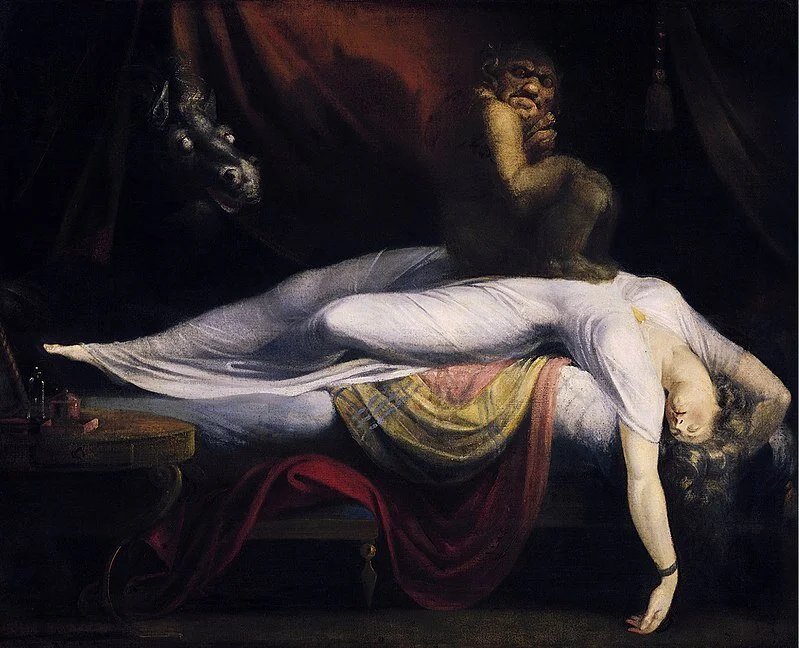



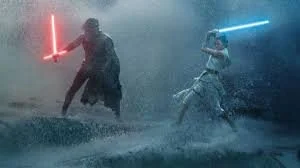

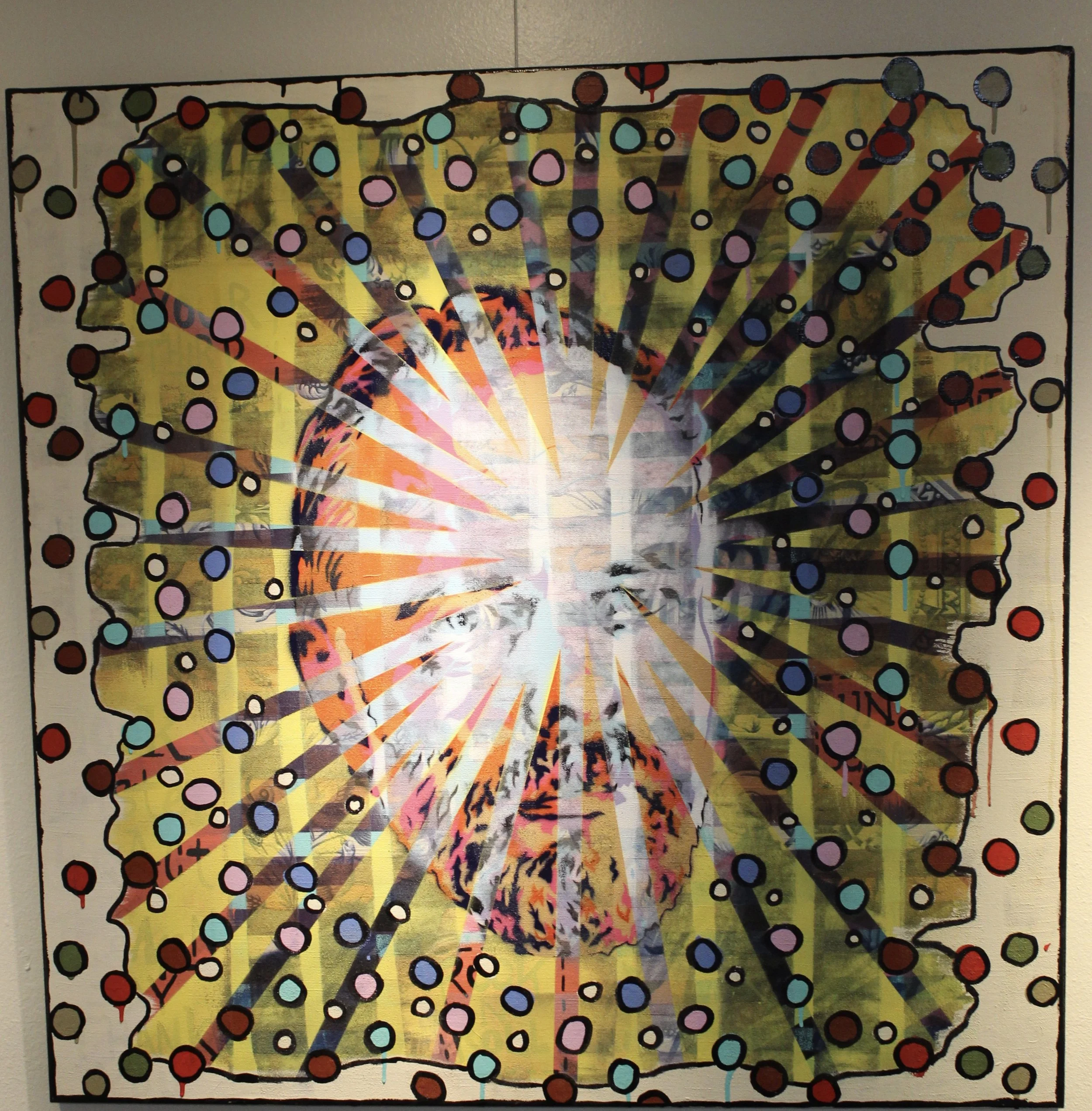
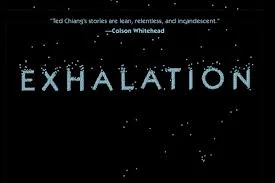








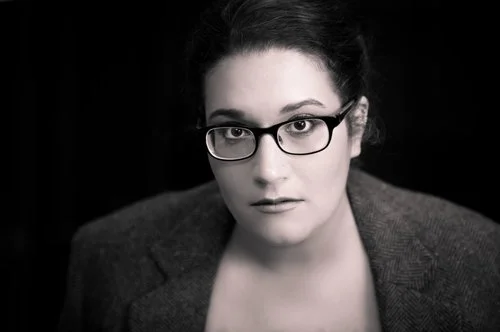



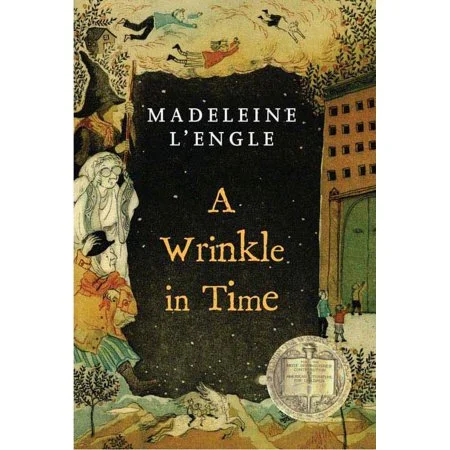




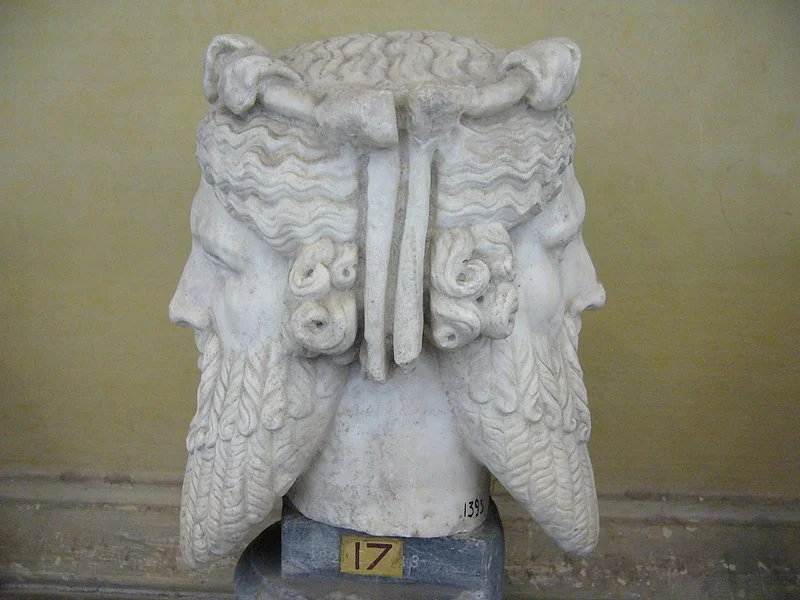
There is so much out there to read, and until you get your turn in a time loop, you don’t have time to read it all to find the highlights.